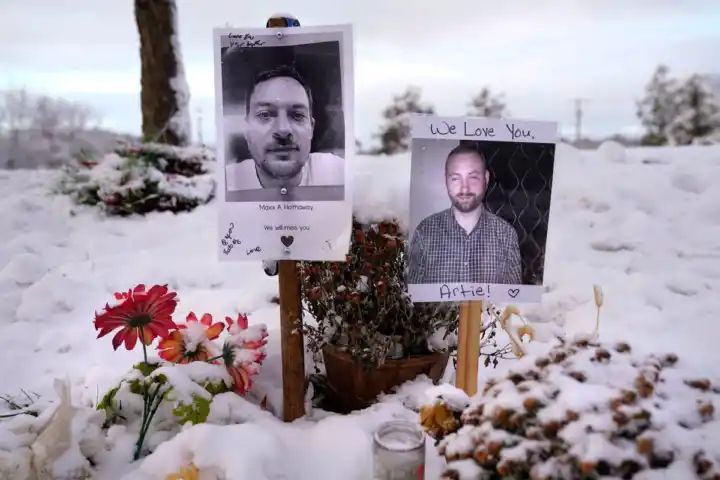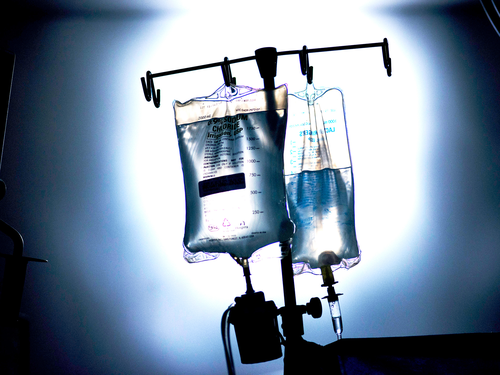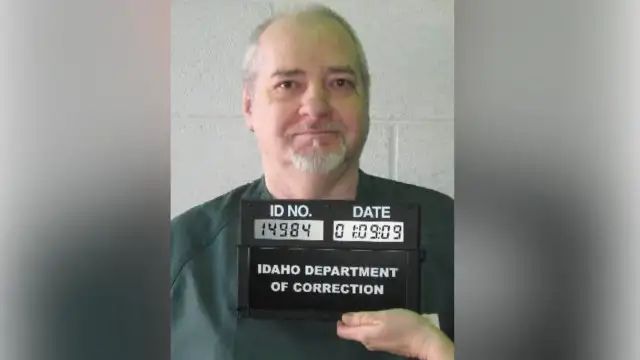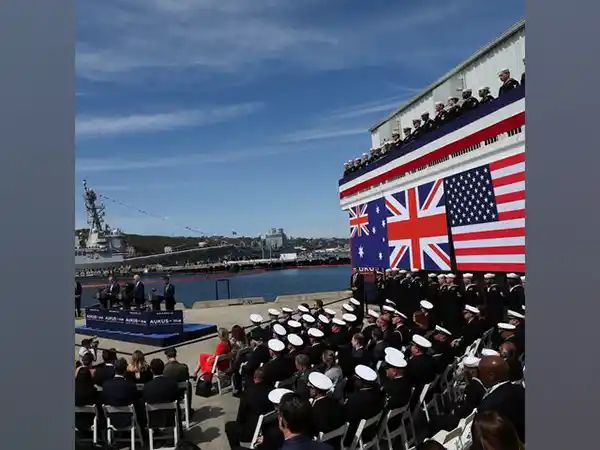‘We took him to a hospital’: Army superiors knew Lewiston shooter was a risk before Maine attack

Army officials and law enforcement were both warned that Lewiston shooter Robert Card was suffering from deteriorating mental health in the months before the Army reservist shot and killed 18 people last year in the worst gun massacre in Maine’s history.
A special commission investigating the 25 October shootings held a public hearing on Thursday where they grilled the shooter’s former Army Reserve superiors, after questions were raised about whether they could have done more to prevent his actions.
The extensive questioning by the commission comes one day after the shooter’s family revealed that his brain had significant evidence of traumatic injuries, most likely from his time in the military.
Card, 40, was found dead of a self-inflicted gunshot wound after a two-day manhunt. He had shown signs of mental health decline before the massacre, but now, evidence shows that he suffered from traumatic brain injuries, according to an analysis by Boston University researchers.
Sgt Kelvin Mote from the Army Reserves, who was questioned at Thursday’s hearing, defended his efforts to contact the Sagadahoc County Sheriff’s Office regarding Card’s mental state and threatening behavior in the weeks before shootings.
When asked by the commission about how he felt when he found out the identity of the shooter, he appeared to fight back his emotions.
“It broke my heart,” he said. “We gave him options, we took him to a hospital. Nobody else did that.”





